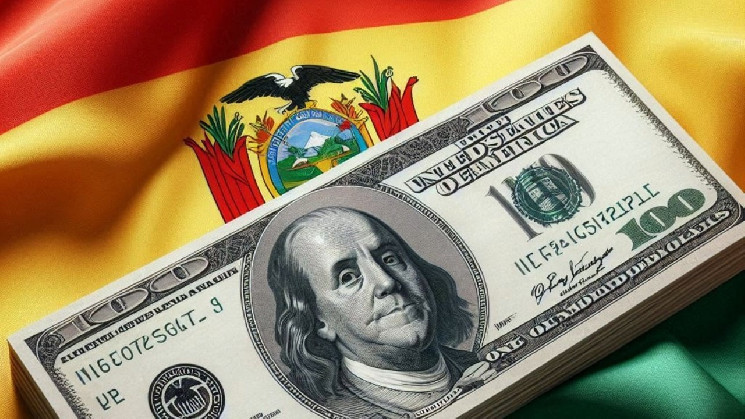
Edwin Rojas Ulo, President of the Central Bank of Bolivia, referred to the recent change in stance that the institution had on crypto and stablecoins. According to reports, Rojas Ulo stated that he believes adding crypto to the national financial system might be beneficial as an alternative and remarked on the function of stablecoins as a dollar proxy.
Central Bank of Bolivia President Praises Crypto as a Payments Alternative, Talks Stablecoins as Dollar Proxy
Bolivia has recently completed a change of stance regarding cryptocurrency, reverting a blanket ban on the use of these assets in the country’s financial system. Edwin Rojas Ulo, President of the Central Bank of Bolivia, referred to the possibilities that the introduction of bitcoin (BTC) and cryptocurrencies would bring the Bolivian payments system.
In statements reported in official media, Rojas Ulo declared that the decentralization of these assets would “favor commercial and private activities for the purchase of services and, of course, satisfy different needs.” However, he recognized that some assets, like bitcoin, can be used as investment tools to gain a yield, but its volatility can act against the user.
Rojas Ulo also referred to stablecoins, tokens whose value is pegged to the value of another asset or foreign currency. He explained that dollar-pegged stablecoins like USDT, present different advantages to users that lack access to U.S. dollars.
Rojas Ulo stated that using stablecoins was “as if one were trading in North American currency, although what one is doing are operations with these digital assets.” In a recent op-ed, Bitcoin.com News touched on the difficulty that Bolivians had to access U.S. dollars, and how the adoption of crypto could help Bolivinas alleviate this situation by using stablecoins.
Nonetheless, the Central Bank of Bolivia remarked that the only official accepted currency in the country was the boliviano, and that Bolivians had no obligation to accept cryptocurrency as a payment method. In the same way, it warned that the risks of using and commercializing cryptocurrency must be assumed by its holders.

